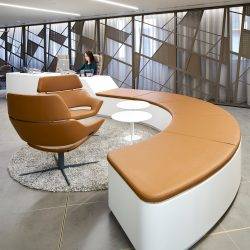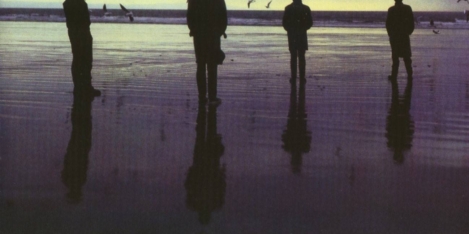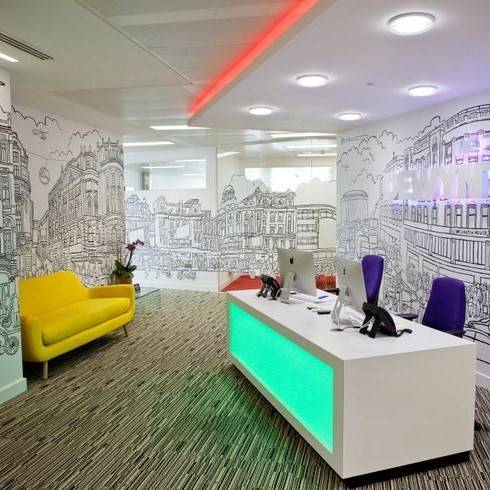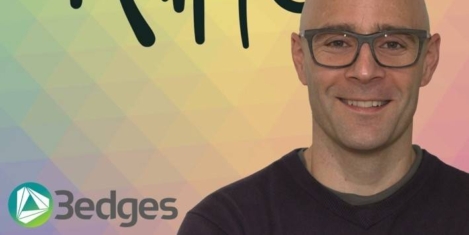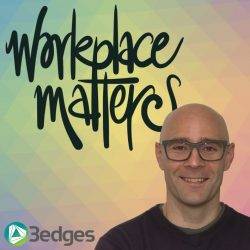September 12, 2018
Work&Place new issue showcases most informed and challenging workplace thinking
 The new issue of Work&Place has been published and is free to read on the journal’s new website. Its overall readership is now around 100,000, including in the new Spanish language edition, so it’s not just more accessible, it is even more influential. The journal continues to explore the most cutting-edge ideas surrounding the physical, digital and cultural domains in which we work. The convergence of these elements of the workplace define the greatest challenges we face in the workplace of the early 21st Century. Some of these are addressed in the features included in this edition.
The new issue of Work&Place has been published and is free to read on the journal’s new website. Its overall readership is now around 100,000, including in the new Spanish language edition, so it’s not just more accessible, it is even more influential. The journal continues to explore the most cutting-edge ideas surrounding the physical, digital and cultural domains in which we work. The convergence of these elements of the workplace define the greatest challenges we face in the workplace of the early 21st Century. Some of these are addressed in the features included in this edition.











